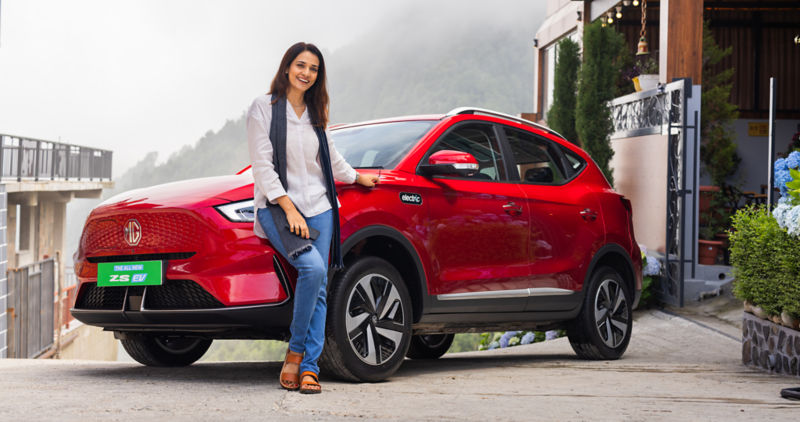Unlock the secrets to maintaining your electric vehicle's performance and preserving your battery's longevity. From routine check-ups to addressing potential hiccups, our maintenance tips will help keep your EV humming like a finely tuned electric machine.
Why does battery maintenance matter?
- Maximises its life- The battery is the core of an electric vehicle. Consistent maintenance not only amplifies its longevity but also bolsters vehicle performance.
- Enhances performance and range- A well-maintained battery directly impacts the vehicle's driving range. Your electric vehicle can travel farther maximising its efficiency and experience
- Ensures safety on the road- While electric vehicles are inherently safe, diligent battery upkeep will ensure sustained safety and smooth drives.
- Preserving Warranty Benefits- Regular battery assessment not only enhances your vehicle’s performance but can also safeguard the warranty coverage, providing you with peace of mind. Furthermore, when you choose the MG ZS EV, you can enjoy up to 8 years or 150,000 kilometres of battery warranty.
Tips to maintain your batteries
Frequently Asked Questions
- A battery’s state of health (SOH) report is required to demonstrate its potential usefulness in an EV. It describes the overall condition of a battery and shows how much longer it can last before it needs replacement.
- After the battery SOH has dropped below 70-80% capacity, it can be refurbished, into a battery with better health >80%. However, it is also possible that a battery can be repaired by replacing weak or defective cells or components hence, 100% SOH cannot be achieved. Improving the SOH from say 60% to 80% by replacing few modules will definitely help in increasing the range.
- When there is a defect in a battery, meaning the battery is not functioning properly or discharging faster than usual, it is advisable to take it to a battery repair center.
- When a lithium-ion battery arrives at the battery repair center, it usually goes through three important phases:
- Test and diagnosis: the battery is tested and checked for damages. The diagnosis will help the repair center understand what needs to be done to fix it and determine the next possible steps.
- Repair: A team of high-voltage specialists will repair the battery, replace certain parts of the pack, and restore it to its original condition (defective module which have degraded/ lost power are replaced) Leak test will be performed after the repair activity.
- Return: the repaired battery will find its way back to the customer, ready to be used in their electric car. The authorized person at the dealer end will reinstall the battery in the car and perform a final check to ensure that everything is functioning well.
A battery consists of several modules. The cost for replacing an individual module can come up to approximately Rs. 1.2 Lacs. The total cost will depend on the number of modules to be replaced, for example ZS EV has total of 120 cells in 6 modules present in a battery.
The battery can have a very long life if the following factors are kept under control:
- Keep the battery cool and be careful in extreme temperatures: Batteries that deal with extreme temperatures can be damaged, so it is important to keep the battery cool, especially in hot climates. Extreme cold can also have a negative effect on the battery. Try to Park under a shade as and when possible.
- Avoid rapid charging frequently: While rapid charging is a convenient way to charge your battery, it can put a strain on the battery and impact its lifespan. If you can, charge your battery slowly and steadily and only use rapid charging when necessary.
- Do not drain the battery completely: It’s important to avoid draining the battery completely as this can also damage it. Try to keep the battery above 20% to avoid putting strain on the battery.
- Keep an eye on the Battery: It’s important to keep an eye on the battery and be aware of any changes. If you notice anything unusual, take the car to an authorized workshop to have it checked out.
- Avoid frequent charging to keep SOC at 100% always. (If one is driving within the city limits, keep the SOC between 30 to 80%, it will improve Battery health, 100% charge may be planned for outstation Trips)


